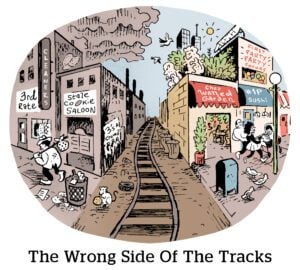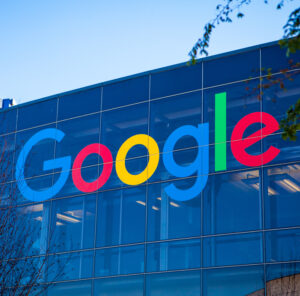Here’s today’s AdExchanger.com news round-up… Want it by email? Sign up here.
Dwindling Organics
There’s been a Big Bang-like expansion of retail media networks. From just a handful of small units within Amazon and Kroger a decade ago, we now have a galaxy of ad networks courtesy of nearly every regional or midsize retail and grocery chain.
This is a huge opportunity for advertisers to get value from new inventory and data sources, writes Eric Seufert at Mobile Dev Memo.
But it’s a major hassle, too, especially for marketing measurement.
Retailers and social platforms are investing in measurement tech that self-attributes credit for upper-funnel activity and brand marketing. Meanwhile, the likes of Amazon, Walmart and Instacart still claim credit at the point of payment, and Snap, Pinterest and other midsize platforms are developing conversion APIs to attribute credit based on advertiser server-side data.
The net result for many brand marketers is that their organic customers – people who would have arrived on a product page regardless – are being credited as conversions on, like, a dozen different platforms.
This dynamic is a useful reminder that if advertisers lean too hard into the “everything is an ad network” trend, their organic sales transmogrify into paid media conversions.
Busted
The latest Ghostbusters film is now in theaters, but that’s not what we’re talking about.
It turns out Facebook ran a secret project, dubbed Project Ghostbusters, to examine the traffic and analytics of its competition and collect user data, Mashable reports. Onavo, a VPN Facebook acquired in 2013 and later shut down in 2019 after a different scandal, was found to have installed kits on iOS and Android devices to monitor activity by Snap, YouTube and Amazon users, even though the apps release only encrypted data. (For those keeping track, the 2019 Onavo scandal was when Facebook paid teens to use the social network so it could spy on their app and web-browsing activity.)
In an internal email, Pedro Canahuati, Facebook’s former head of security engineering, wrote: “I can’t think of a good argument for why this is okay.”
The scandal isn’t new, but it surfaced now because of information unsealed in an antitrust suit. It’s also not the first time Facebook has been caught rummaging around in phone network data. In 2018, UK legislators released Facebook documents from 2013 showing that Onavo was used to measure the reach of Snapchat, which it had tried to acquire that year, as well as WhatsApp, which it did buy in 2014.
What’s In Store
Many DTC brands are reaching the end of the road when it comes to their physical retail ambitions.
Early standouts are now flaming out, and several DTC mattress startups that launched store chains eventually sputtered. The athleisure brand Outdoor Voices closed all of its 16 stores in March, Ad Age reports, and shoe manufacturer Allbirds is cutting a quarter of its footprint as it aims to stem its losses.
Warby Parker is still holding out, but even its shares are down by more than 75% since 2021.
Brick-and-mortar can be tough. DTC darling brands got advantageous rates on their early leases, especially as malls and landlords needed space fillers for big chains like Macy’s and Neiman Marcus that were closing locations. But when those darlings don’t bring a steady flood of young shoppers and it comes time to reup their lease, they no longer get special discounts.
This doesn’t mean DTC brands will completely give up on physical retail. But no doubt brands that would have considered launching their own stores will instead focus on getting distribution with existing chains.
But Wait, There’s More!
AKQA and Grey merge capabilities across five territories as WPP continues its efficiencies drive. [Adweek]
The rollout of Hulu on Disney+ is more than just a streaming bundle. [The Verge]
Apple turns to a longtime Steve Jobs disciple to defend its walled garden. [WSJ]
These are the US investors caught in the scrum over TikTok. [NYT]

















